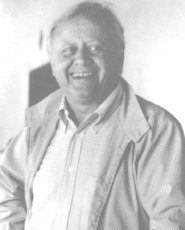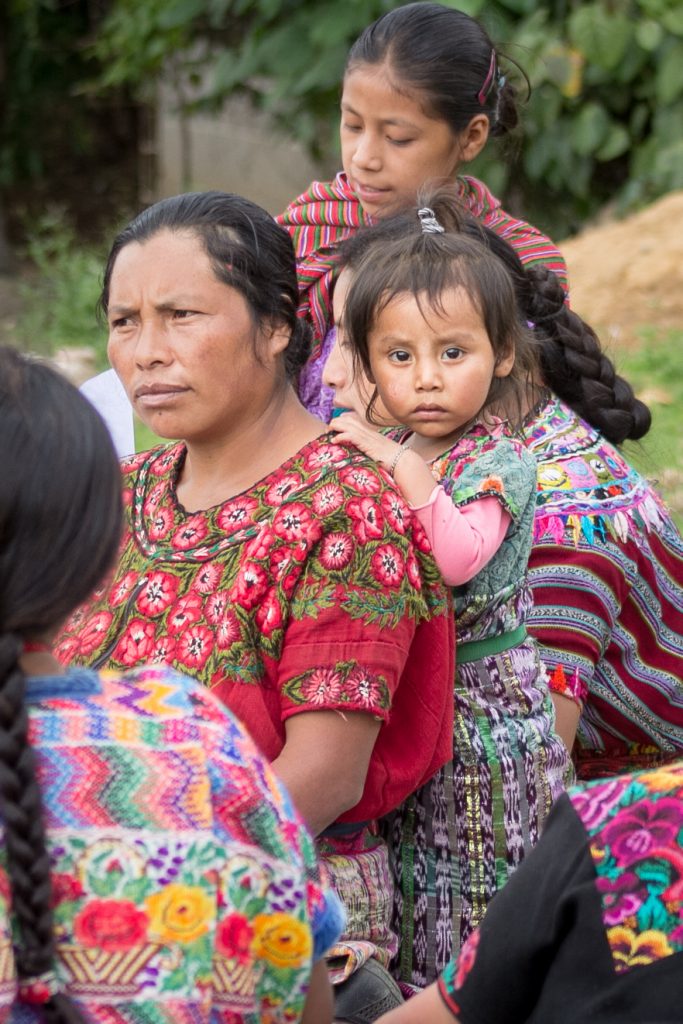
After traveling to Guatemala in 1959, Dr. Carroll Behrhorst founded a vitally needed medical program in Chimaltenango, Guatemala, serving the local Kaqchikel Maya.
The Behrhorst Clinic and “Hospitalito” grew into a creative center for health and development activities, pioneering an array of village-based interventions. Learn more about Dr. Behrhorst and his philosophy.

